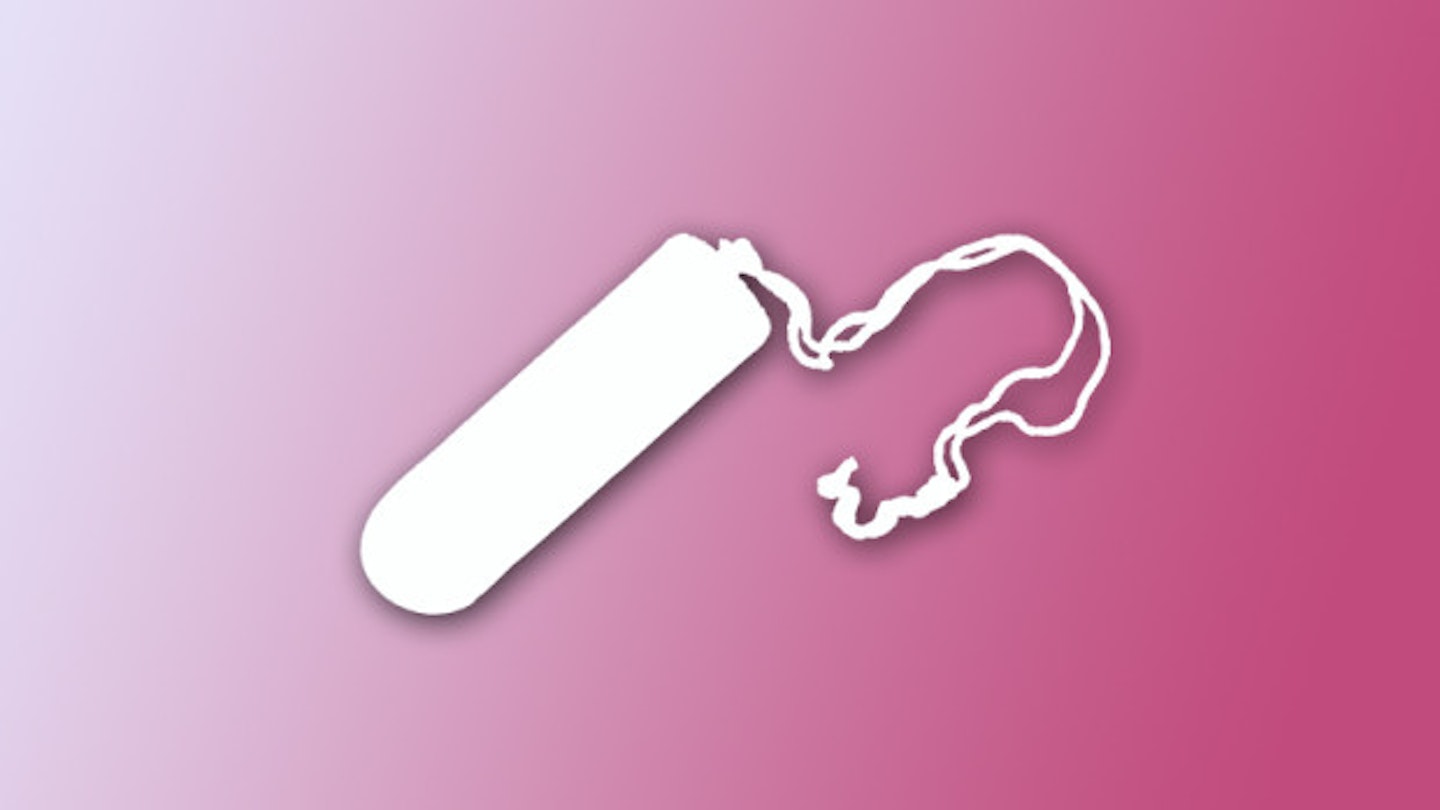The case for free tampons has never been stronger. Numerous campaigns to ‘end the tampon tax’ have highlighted a simple fact: the cost of a product that half of the world’s population needs several times a day, once a month for a large proportion of their lives is too much.
Last year research suggested that women, on average, spend £18,450 throughout their lifetime on menstruation – whether that’s sanitary items, new underwear to replace stained pants or pain relief. On average pads, tampons and panty-liners came in at around £13 per month. But once you factor in extras the yearly spend on periods for the average woman is around £492.
Having a vagina isn’t cheap, to the extent that last year a foodbank in Darlington started giving out sanitary products because they realised that some women were struggling to afford them.
The Darlington Salvation Army Food bank is open every week and relies on public donations. They began to offer sanitary products to women in need in August last year when staff realised how much some women were struggling.
On their Facebook Page the food bank’s coordinators have started the #beggingforaTAMPON campaign which states, quite rightly that ‘no woman should have to beg for a tampon’. They say that some women have even reported having to use socks ‘because they can’t afford tampons, resulting in them getting infections, needing antibiotics and in severe cases hospital treatment.’
#BeggingforaTAMPONAt our Friday Night Food Bank women in there 40’s and 50’s have confessed through tears of shame to...
Posted by
They say that Major Colin Bradshaw, who volunteer at the food bank, ‘has written to every female MP asking for there [sic] support to make tampons and sanitary pads available on prescription or through a voucher scheme so that women in poverty need never beg for a tampon every [sic] again.’
They add, ‘Darlington Salvation Army calls on Parliament to take action and end this secret shame forced on too many women through poverty.’ It’s saddening, shocking and shameful that this, which sounds positively Victorian, is happening today, in 2016, in the UK.
Perhaps, in light of this, we should take note of a pilot programme which has just been rolled out by 25 New York high schools. According to the Gothamist the schools will provide free tampons, yes free, to students who mostly come from low-income neighbourhoods.
The New York City Department of Education said it will cost them around $160,000 to install free sanitary product dispensers in school bathrooms. There are plans to extend the programme across the city after this pilot.
A report carried out by KPMG in the UK in 2013 found that 2.9 million women are paid below the Living Wage, just under 50% of these are under 30. This means that women of menstruating age are more likely to be in poverty than any other age group. In this country there is no standard practice for distributing sanitary supplies.
This is a global issue which affects developed as well as developing countries. Indeed, according to a UNICEF report from 2012 one of the biggest challenges that young women from middle and low income backgrounds face is access to private, well-resourced washing facilities at school.
Access to sanitary products should be a basic right. Periods affect half of the world’s population and the price people who can’t afford sanitary products pay is high: their confidence and, even, their health.
It’s time for change. In this country if you need medication, devices or products for health reasons, such as incontience pads for example (a clunky example perhaps but comparable in terms of cost to a sanitary pad or tampon - obviously we aren't comparing periods to being incontient), you can usually get them for free on the NHS - while sanitary towels and tampons are classed as 'non-essential' luxury, cosmetic items by HMRC. Periods affect half of the country's population at some point in their life without fail - there's a case to be made for making all sanitary products free but on thing's for sure - no woman should have to suffer because she can't afford to buy tampons.
You might also be interested in:
Bark, Rags And Newspapers: Here's What Periods Look Like Around The World
Study Calls For More Research Into The Impact Of Periods On Women's Lives
Follow Vicky on Twitter @Victoria_Spratt
This article originally appeared on The Debrief.
